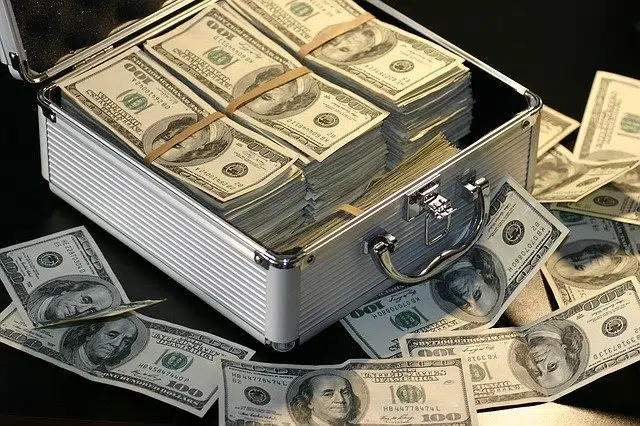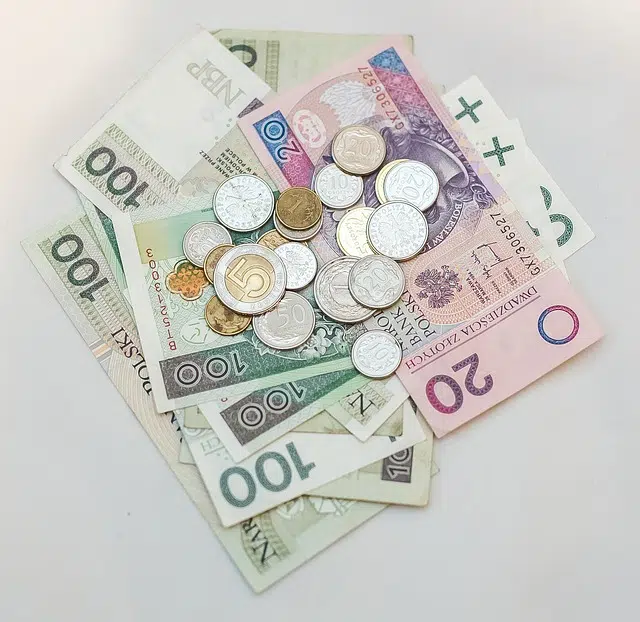
Money is a medium of exchange, an accounting unit, and a haven of value.
Money is a medium of exchange , usually in the form of bills and coins, that is accepted by a society for the payment of goods, services and all types of obligations. Its etymological origin takes us to the Latin word denarius , which was the name of the currency used by the Romans.
Money meets three basic characteristics: it is a medium of exchange , which is easy to store and transport; It is an accounting unit , since it allows measuring and comparing the value of products and services that are very different from each other; and it is a refuge of value , which makes savings possible.
Money and commerce
The development of money allowed the expansion of large-scale trade . In ancient times, barter was the commercial system par excellence: products were exchanged among themselves (apples for wheat, cows for corn, etc.), which made it difficult to establish value and transport. On the other hand, with money, commerce was simplified.
It should be noted that the value of money is not found in the paper of the bill or the metal of the specific currency, but rather arises from the endorsement and certification of the issuing entity (such as the Central Bank). It is important to keep in mind that money works through a social pact (it is accepted by all members of society).
Currently, money can be created according to two procedures: legal money , which is created by the Central Bank through the printing of banknotes and the minting of coins, and bank money , developed by private banks through annotations in user accounts.

Banknotes and coins constitute the circulating money.
abstract value
In our era, money has taken on an importance never before imagined ; We have reached a point of absolute dependence on it, so that without it it is not possible to live in society . Unfortunately, this trend only seems to consolidate over the years and brings with it an absolute loss of moral values and, above all, the sense of belonging with our peers. So much so, that we have stopped trusting in hospitality and providing it, because without money nothing can be obtained.
Many people say that money is a kind of god and they are not so wrong. Human beings have learned to depend on it so much that they are even capable of putting aside their principles in order to obtain more money, they can steal, kill, abandon, etc. Furthermore, a system has been built in which the word necessity has been heavily manipulated and goods have entered that classification that are clearly not essential.
The danger of dependence on money
In any case, some people who are truly aware of the damage that this absolute dependence on money causes try to get out of the system, promoting community activities that can help improve the quality of life of all inhabitants and, above all, motivate people to interact and worry about the needs of others. In addition, bartering is becoming fashionable again and allows people to exchange certain objects that they no longer need for others that they do need. In this way, there are no objects stored in an attic and people can obtain what they need even if they do not have the money to purchase them .
Finally, it is important to point out that dependence on money not only causes the problems already explained but also has a greater consequence, unhappiness (which has become commonplace in our societies). People who cannot reach their salary expectations or who do not have access to the things they want feel frustrated, discouraged and sad and this causes them to lose the incentive to work and live .
